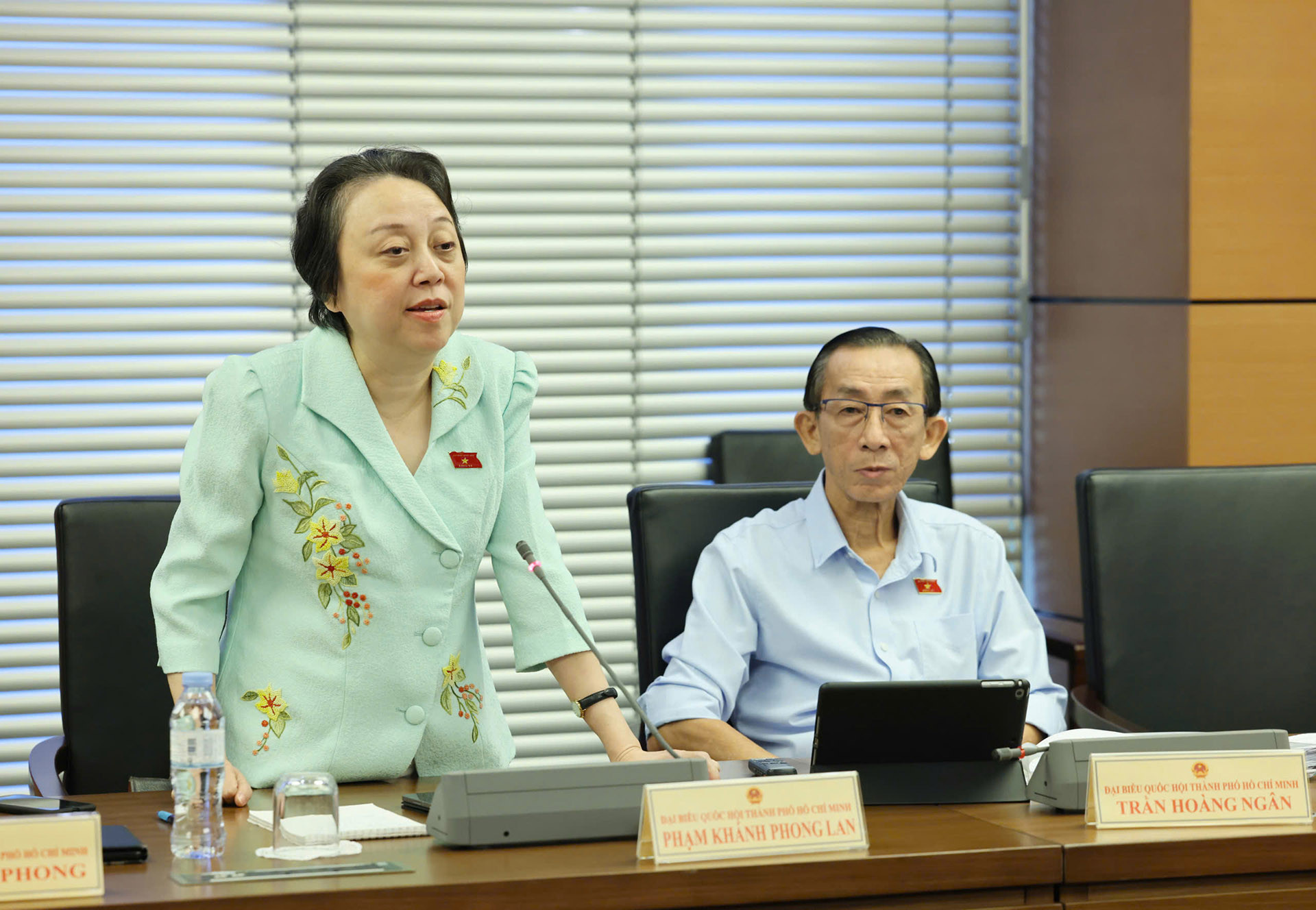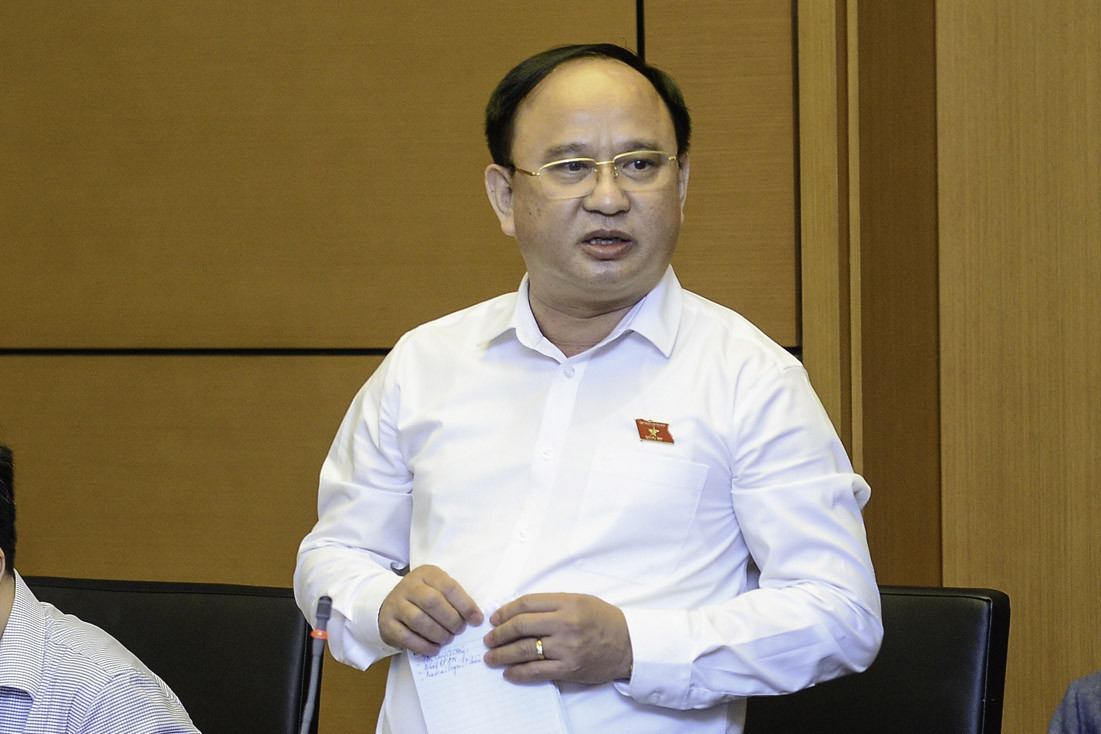On the morning of October 26, during a National Assembly group discussion on socio-economic matters, deputy Nguyen Thien Nhan (Ho Chi Minh City) recalled his previous proposal to eliminate the disciplinary rule on Party members having a third child, which he believes no longer fits current conditions. In modern society, families who cannot afford to raise children generally have fewer, while those with sufficient resources may choose to have more.

In 2023, Vietnam’s birth rate stood at 1.96, while the ideal replacement rate is 2.1 children per woman. He noted that seven years ago, the Central Government aimed to maintain this replacement level but has since fallen short.
Nhan urged the inclusion of a national total fertility rate (TFR) indicator in socio-economic reports to the National Assembly for monitoring. “If we can track this for two years, it will create a basis for a five-year target. This is a matter of national importance as it relates to human development,” he expressed.
According to Nhan, "Human development is central to everything, with the goal of improving quality of life."
Nhan also urged the government to announce a minimum living standard and an adequate living wage for a family of four. An adequate living wage should enable one worker to support dependents, he suggested, to increase the birth rate and ensure each family has at least two children.

Delegate Pham Khanh Phong Lan (Ho Chi Minh City) highlighted Vietnam’s efforts to boost the birth rate, despite the fact that Party members who have a third child are still subject to disciplinary measures.
“We must re-evaluate management rules for officials and Party members. Approaching a promotion cycle with a third child essentially ends prospects,” Lan suggested.
She acknowledged that the regulation on Party members not having a third child made sense in the past but argued that, with changing perspectives, policy adjustments are now necessary, especially for Party members and officials.
Discussing birth rates, Delegate Tran Duc Thuan (Nghe An) addressed the aging population as Vietnam approaches a demographic transition. In 2017, the Central Government issued Resolution 21 on population policy, and on August 15, the government issued Directive 27 to enhance population work, assigning the Ministry of Health to review policies to increase the birth rate.

Thuan proposed developing long-term policies to encourage higher birth rates. “Many people say the two-child rule mainly targets Party members,” he commented, suggesting the need for a policy update.
With Vietnam facing an aging population, Thuan stressed the urgency of timely solutions, cautioning that without them, Vietnam may experience similar challenges to other aging societies.
Resolution 21 of the Central Government highlights the importance of Party officials and members leading by example in implementing population policies, specifically in having two children, focusing on good parenting, and fostering happy families to inspire society.
Prime Minister's Directive 27 on enhancing population work noted existing issues such as unsustainable replacement-level birth rates, lack of comprehensive solutions for an aging population, high life expectancy coupled with low healthy years, and slow progress in population quality.
Tran Thuong